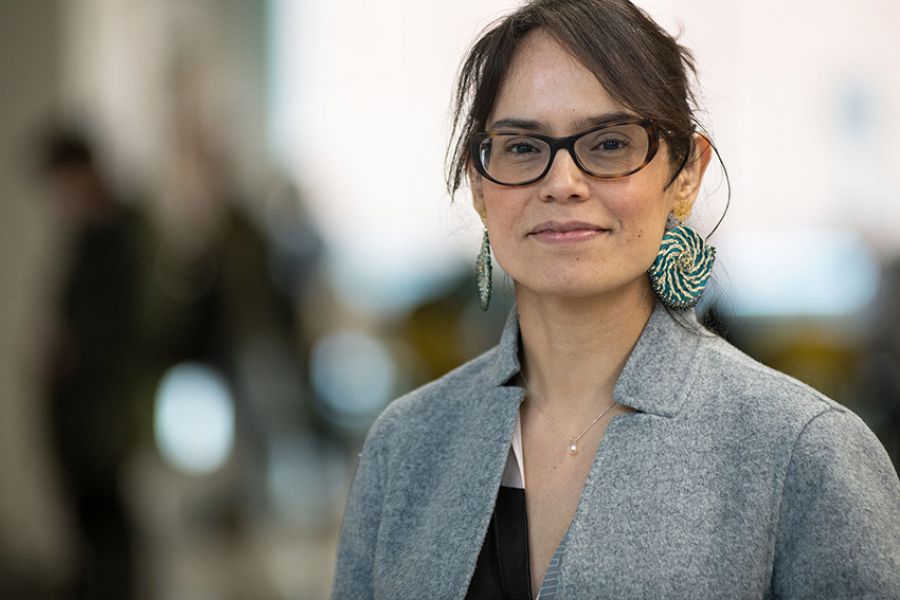Page content
Abstract:When conflicts end, there are often conflicting debates about how to overcome the violent events of the past (Hamber 1998). Increasingly, victims are looking for ways to demand their needs and rights -in particular related to socio-economic claims-, in the aftermath (Saeed 2009). Over the last decades, states have adopted and implemented mechanisms to transit from violence to peace (Olsen et al. 2010). There is a general understanding among scholars and practitioners that addressing the legacies of past violence and human rights abuse is necessary for building lasting democratic societies (García-Godos 2016). In many countries where transitional justice has been implemented, victims’ organisations have demanded recognition and effective participation in the process (DeGreiff 2012). This new perspective seeks for transitional justice and peacebuilding provisions to include the views of those who are working to overcome conflict in the field (Shaw & Waldorf 2010). In recent years, the Colombian case has increasingly represented an example for the study of the inclusion of victims in all stages and process of the design, construction and implementation of transitional justice and peacebuilding measures. During Colombia’s five- decade-long internal armed conflict, a diverse spectrum of political and social actors have promoted mainstream theories and methodologies.
ESRAN-UKI Workshop
University of Liverpool, School of Law and Social Justice
School of Law and Social Justice Building, Chatham Street, Liverpool, L69 7ZR
20 March 2020: Programme [draft]
9.45-10.00 - Registration and Coffee (Venue - Meeting Room E, Third Floor)
10.00-10.15 –Welcome by Azadeh Chalabi, University of Liverpool
10.15-12.00: Rethinking strategies to claim ESC rights
Chair: Azadeh Chalabi, University of Liverpool; Discussants:Aoife Nolan, University of Nottingham, Padraig McAuliffe, University of Liverpool, (TBC) Sigrun Skogly, University of Lancaster
- Joshua Curtis, University of Liverpool, Socio-economic rights, competition and systemic neutrality
- Amanda Cahill-Ripley, University of Liverpool, paper title TBC.
- Lina Malagon, Ulster University, Socio-economic rights and transitional justice: The role of victims in shaping transformative transitional justice in Colombia
12.00-12.15 Break
12.15-1.15: Socio-Economic Rights Theorisation and Accountability
Chair: Amanda Cahill-Ripley, University of Liverpool; Discussants: Joshua Curtis + Michelle Farrell
- Padraig McAuliffe, University of Liverpool, Rethinking socio-economic rights in the neopatrimonial State
- Luke Graham, University of Lancaster, Social security policies, crimes against humanity, and accountability for the non-realisation of minimum economic and social rights entitlements in the United Kingdom?
13.15-14.00 Lunch
14.00-15.00: Keynote speech
Professor Philip Alston, UN Special Rapporteur on extreme poverty and human rights, John Norton Pomeroy Professor of Law, New York University School of Law
15.00-15.30 Principles on Human Rights of Future Generations: update and discussion on the Maastricht IV process
Sigrun Skogly, University of Lancaster; Discussant: Michelle Farrell, University of Liverpool TBC
15.30-15.45 Break
15.45-17.15 Rethinking the Right to Health
Chair: Aoife Nolan University of Nottingham; Discussants: Judith Bueno de Mesquita, Azadeh Chalabi.
- Susan Stallabrass, Essex University, The social gradient and the right to health: conceptualisations, engagement and action
- Luciano Bottini Filho, Bristol University, Fighting scarcity: health affordability under the international right to health
- Lisa Montel, LSHTM, Universal health coverage and human rights-based indicators
17.15-17.45 ESRAN-UKI Future directions discussion
Judith Bueno de Mesquita, University of Essex, and (skype) Liam Thornton, University College Dublin
18.00 Dinner - Venue TBC

















